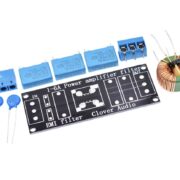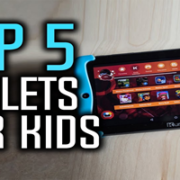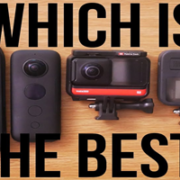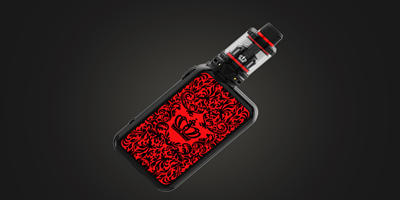In recent years, the Internet of Things (IoT) has made significant advances in the healthcare industry, altering the way we approach patient care. One area where IoT health care has had a significant impact is the development of wearables and smart gadgets.. These cutting-edge technologies have democratised personal healthcare by allowing individuals to track their own health in real time and doctors to give more specific and effective treatments.This blog post will examine how linked devices and smart gadgets are altering healthcare and influencing the future of individualized treatment.
Enhancing Remote Patient Monitoring
IoT health care gadgets have changed remote patient monitoring by allowing healthcare providers to collect real-time data on a patient’s vital signs, activity levels, and overall health. Doctors can make informed decisions, give timely treatments, and avoid possible adverse effects by continuously monitoring these data. This kind of remote monitoring has proved especially advantageous for patients experiencing long-term conditions, allowing them to get proactive and personalised care from the comfort of their own homes.
Personalized Health Tracking and Wellness
Fitness trackers and smartwatches are examples of IoT health care devices that have grown common in our society. These gadgets track a variety of health metrics, such as heart rate, sleep patterns, energy use, and physical activity. People can receive useful insights about their health and wellness by integrating IoT into regular wearables. They can create personal goals, measure development, and receive real-time feedback, allowing them to make informed lifestyle and overall well-being decisions.
Improving Medication Adherence
Non-compliance with medication is a serious problem in healthcare, resulting in poor health outcomes and higher costs for healthcare. Smart IoT health care devices, such as smart tablet dispensers and medication reminder systems, have come out as valuable solutions to this problem. These devices remind patients to take the medication on time, track commitment, and notify care or healthcare providers if a dose is missed. IoT health care technology improves health management and treatment outcomes through improving compliance with medications.
Preventive and Predictive Healthcare
IoT health care devices help in shifting healthcare from a reactive to a proactive and predictive model. These gadgets can uncover patterns and trends that may suggest possible health issues or risk factors by continuously monitoring and analysing data. This enables healthcare providers to react early and give personalised preventive measures and tuned methods that decrease risks and improve patient outcomes.
Enhanced Patient Engagement and Empowerment
Wearable IoT health care devices and smart devices increase patient participation and power. People become active participants in their healthcare experience when they have access to their health data and insights. Patients can get a greater understanding of their illness, track their progress, and make more educated health decisions. This degree of involvement and control results in improved doctor-patient connections, greater respect for treatment, and better overall outcomes.
Conclusion
The use of IoT health care devices in healthcare marked an age of personal care, in which people have access to real-time health data and insights. IoT health care technology is changing the way we approach healthcare, from remote patient monitoring to unique health tracking, benefiting both patients and doctors and nurses. As we move forward, it must be done to make good on the hope of IoT in healthcare to improve results, improve patient experiences, and build a more connected and productive healthcare system.







Comments